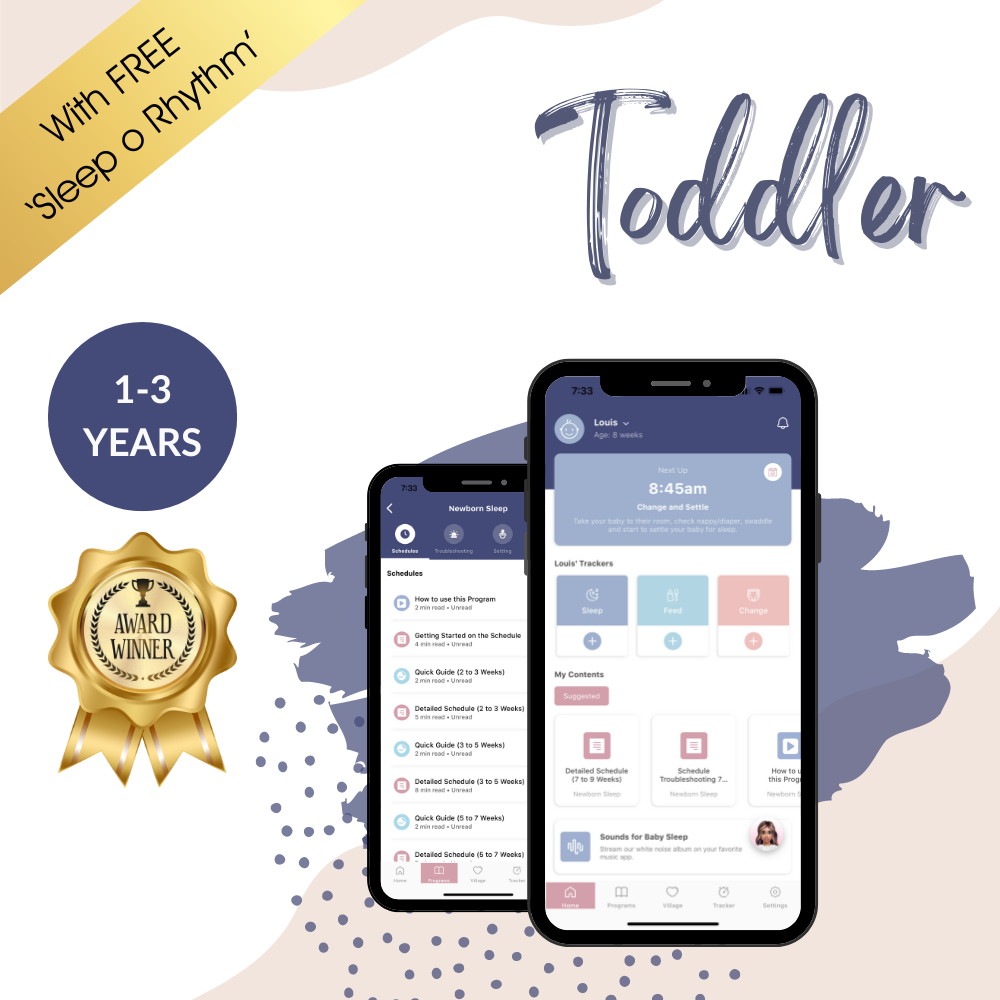
Are You the Favourite Parent? Why It Happens & What to Do
Every night at dinner it is the same thing: “I’m sitting next to Mum!”. Or when we drive in the car: “It’s not fair, you got to sit behind Mum yesterday”.
I should be flattered that my children always want to be next to me, but sometimes it can get a bit exhausting. And I can imagine how it makes my husband feel.
Being your child’s favourite parent, or perhaps not being the favourite parent, is an interesting area of parenting. And, funnily enough, it is something that can happen quite early on.
Favouritism for a particular parent can look quite different from one household to the next. In my home, it is quite clearly about who sits next to whom. However, for others, it can present differently with babies or toddlers only settling for a certain parent; or perhaps becoming quite upset when their preferred parent leaves the room; or when someone else tries to play with them/feed them/dress them etc.
It is hard not to feel hurt when you are not the favourite parent. Feeling hurt and rejected are really normal reactions to not being picked as “number one”.
Yes, I want more sleep!
If you need a helping hand with tackling your baby’s sleep, then check out our Pediatrician-recommended Sleep Programs.
Get our Sleep Programs
Equally so, it is normal to feel exhausted and overwhelmed when you are in the ‘favourite seat’ - particularly if your little one wants you to do everything! I know of many parents who feel anxious when they need to go out, or attempt to have some ‘alone’ time, because they know their children are going to fret and be upset each and every time they attempt to leave the house.
There are lots of different reasons why children may start preferring one parent. In babies and toddlers, usually under 3 years old, it is quite common for them to gravitate toward the main carer. This is quite simply because this person is more familiar to them. In addition, they may feel safer with someone who is more consistent in their daily life.
Over the age of 3, however, things can start to change. For example, if one parent is at home all day, the other parent might come home after work with more energy to play or do “fun activities”. So, naturally, this parent becomes associated with the “fun times”, rather than the run-of-the-mill activities like meal times or bathing. In addition, the other parent can be seen as more of a novelty.
Another reason for favouritism may also be quite simply that children prefer the parent of the same gender. As children become more aware of “girls and boys”, they may naturally become more interested in what their same gender parent does. For example, young boys may prefer “rough and tumble” games with their dads, while young girls may prefer doing “girly” activities with their mums.
In-keeping with this, children may also prefer the parent whose personality style is more similar to their own, including what they are interested in and what hobbies they engage in.
Finally, toddlers and older children may also quickly work out which parent is the “stricter parent” and gravitate towards the parent whose parenting style is perhaps not as strict or firm.
Say goodbye to sleepless nights.
Join over 800,000 families worldwide who are enjoying excellent sleep with our Sleep Programs, created by experts in the field of pediatric sleep.
Get our Sleep Programs
So, how do you manage favouritism?
1. Acknowledge how you feel
First of all, it is always important to acknowledge how you feel. It is okay to feel hurt, rejected, overwhelmed, anxious and so on.
2. Acknowledge how your partner feels
It always helps to reach out to your partner and see how the favouritism might be impacting them too. Remember, never blame the other parent for what is going on - you are a team!
3. Stay positive
No matter how you are feeling, do not take it out on your child or respond to them negatively. Although you may be feeling really hurt or frustrated if your child is insisting that the other parent complete a task, yelling or snapping at your child is not going to help.
For example, if your child is demanding that only daddy can put them to bed, you might want to try saying: “I know you’d love daddy to be doing this right now, I love when daddy puts you to bed! But right now he is not at home. So can you show me the special way that he does it, and let’s see if I can do it too!”
When you respond calmly, and with empathy, it can really help to stop an onward spiral of the child screaming and crying for the other parent. It can also go a long way in helping the child realise that you are capable of doing these tasks too!
4. Dig a little deeper
You may want to consider if there are any obvious reasons why favouritism might be going on. If you find that you are the parent who is always doing the discipline, it might be time to chat about sharing that load, or having the same, consistent, approach to discipline.
Similarly, if you are the parent who tends to get more of the “good” or “fun” times, perhaps it’s time to ask what you can do to help your partner join in on these times too. Or it might be time for you to take up some new interests or hobbies so that you can become more engaged in what your children like to do!
5. Share the love
If you are the favourite parent, keep speaking positively and lovingly about your partner. And, when possible, try and bring them into the duties that your child is demanding of you.
For example, if your child only wants you tucking them in, try saying “tonight you are going to get mummy and daddy to tuck you in” and encourage your partner to be part of that process so that your little one gets used to someone else helping in these intimate activities.
Finally, remember that like most things, this could very easily be a phase. Chances are in a month’s time there might be someone else in the hot seat! And even if you are not the favourite (for now), that does not mean that you aren’t still incredibly important, and incredibly loved.

Receive product and services updates, promotional offers and other marketing communications based.





